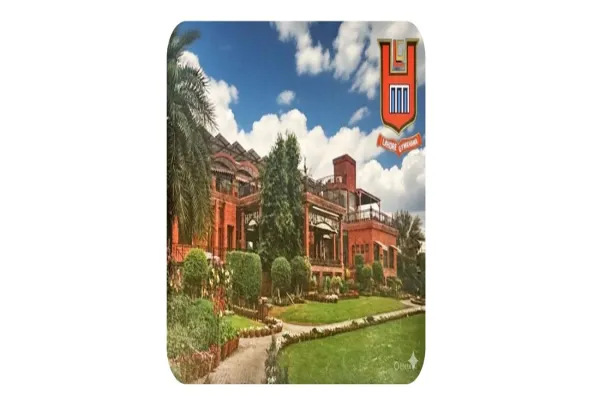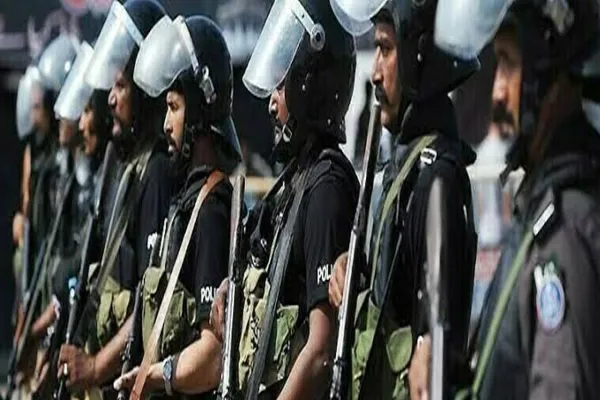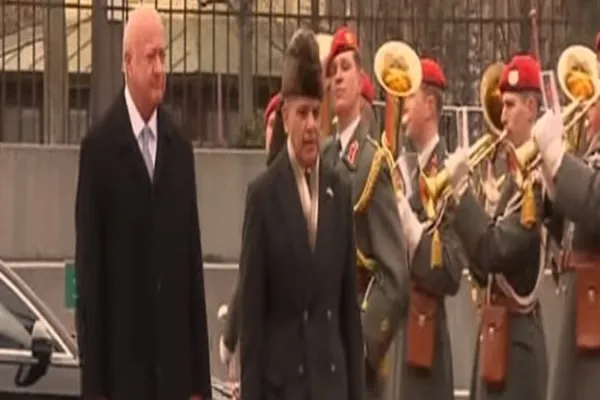i NEWS PAKISTAN
The Supreme Court in its detailed verdict termed the March 1 decision of the Election Commission of Pakistan (ECP) contrary to the constitution declaring Pakistan Tehreek-e-Insaf (PTI) eligible for the reserved seats. The detailed judgement of the apex court issued on Monday comprises 70 pages and written by Justice Mansoor Ali Shah. The Supreme Court rescinded the Peshawar High Court's and ECP's March 1 decision. According to the written decision, the ECP's decision has no legal status. "It's decision is against the constitution", the SC ruled. On Sept 14, an eight-member bench of the apex court disposed of the ECP's petition, stating that its request for clarification was merely a "delaying tactic".
In the detailed judgement, the apex court ruled that the PTI was a political party which contested the Feb 8 elections and won seats in the National and provincial assemblies. The reserved seats should be given to the PTI, the court ruled. "The PTI is entitled to reserved seats in the National Assembly," the apex court ruled and ordered the ECP to notify PTI winning candidates. The court ruled that the ECP declared 39 of 80 MNAs to be that of PTI. It asked the ECP to take the signed statement of the remaining 41 MNAs within 15 days. The decision states that the ECP is the fourth pillar of the state and ensuring the democratic process in the country is its prime duty. The ECP had failed to perform its constitutional duties. "The constitution and law does not bar any political party from fielding candidates in elections. Denying a party election symbol does not restrict it from contesting election," the judgement ruled.
According to the decision, the masses are the biggest stakeholder in an election. An election dispute is fundamentally different from civil disputes. The court expressed its surprise that how so many independent candidates could be successful in a parliamentary democracy based on a political party system? No satisfactory answer had been given to this question. According to the judgement, the PTI claimed that all independent candidates were its candidates and voters voted for them because they were the PTI candidates. It may be recalled that on July 12, the Supreme Court annulled the decision of the Peshawar High Court and the ECP on the petition of the Sunni Ittehad Council regarding reserved seats and declared the PTI entitled to the seats. The ECP filed a review petition on Aug 7 on the Supreme Court decision on reserved seats. The apex court on Sept 14 rejected the ECP's petition and ordered it to implement its verdict.
ON TWO DISSENTING NOTES
Eight judges observed about dissenting note of two judges that “Before parting with the judgement, we feel constrained to observe, with a heavy heart, that our two learned colleagues in the minority (Justice Amin-ud-Din Khan and Justice Naeem Akhtar Afghan) have made certain observations in their dissenting judgment dated 3 August 2024, which do not behove Judges of the Supreme Court of Pakistan, the highest court of the land. "After expressing their view that the order we passed on 12 July 2024 is not in accordance with the Constitution and that we ignored and disregarded its mandate.” The majority judgment also said: “They may strongly express divergent opinions and make comments on each other's views, highlighting reasons why they believe other Members have erred.
“However, the manner in which they have expressed their disagreement falls short of the courtesy and restraint required of Judges of the Superior Courts. What is more disquieting is that, through the said observations, they appear to have gone beyond the parameters of propriety by warning the 39 plus 41 (80) returned candidates and urging the Commission not to comply with the majority order, which is the decision of a thirteen-member Full Court Bench of this Court. Such observations undermine the integrity of the highest institution of justice in the country and seem to constitute an attempt to obstruct the process of the Court and the administration of justice.” Earlier, Chief Justice Qazi Faez Isa sought “explanation” from the registrar of the Supreme Court asking nine questions on the decision on reserved seats pronounced on July 12.
Credit: Independent News Pakistan









